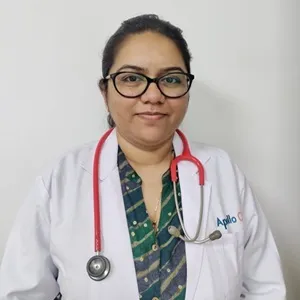Services
Anaemia
What is Anaemia?
Anaemia is a condition wherein the body does not have enough healthy red blood cells (RBCs). There are different types of anaemia, but iron deficiency anaemia is the most common.
What are the Symptoms of Anaemia?
Mild anaemia may not display any symptoms. As the levels of RBCs and iron drop, your child may have the following anaemia symptoms:
- Shortness of breath
- Irritability
- Eating less food
- Craving unusual foods
- Feeling weak, tired, fatigued all the time
- Feel dizzy or have a headache
- Have a sore tongue
If the condition is severe, your child may show signs of anaemia such as brittle nails, pale skin and blue-tinged or very pale whites of eyes.
What are the Causes of Anaemia?
Low iron level is the leading cause of anaemia. Your child’s body gets iron from certain foods and it also reuses iron from old red blood cells. A diet that is insufficient in iron is the most common cause of anaemia. When your child is growing rapidly, such as during puberty, even more iron is needed. Toddlers who drink more of cow’s milk may also become anaemic if their diet does not include other iron-rich foods.
Another cause of anaemia could be that the body is unable to absorb iron although the child is consuming enough iron. Blood loss, slowly over a period of time, generally during menstrual periods or bleeding in the digestive tract could also cause anaemia.
How is Anaemia diagnosed?
To diagnose anaemia, your doctor will perform a physical exam followed by some diagnostic blood test. Blood tests such as Hematocrit, Serum Ferritin, Serum Iron and Total Iron Binding Capacity measure iron saturation and can show whether the child has enough iron in the body.
How is Anaemia Treated ?
If the diagnostic tests indicate a low level of iron, your doctor may recommend some iron-rich foods such as apricots, raisins, prunes, chicken, fish, eggs, soybeans, lentils, dried beans, oatmeal, peanut butter, spinach and other greens.
Despite a healthy diet if your child’s anaemia and iron levels do not improve, your doctor may recommend iron supplements.
Apollo Support
We, at Apollo Clinic, understand how anaemia can affect your child’s performance at school and other activities. Our distinguished team of doctors and other staff will take every measure possible to provide a smooth diagnosis experience. We have all the necessary technology, infrastructure and amenities to provide superior care and treatment for your child’s anaemia.











.jpg)





